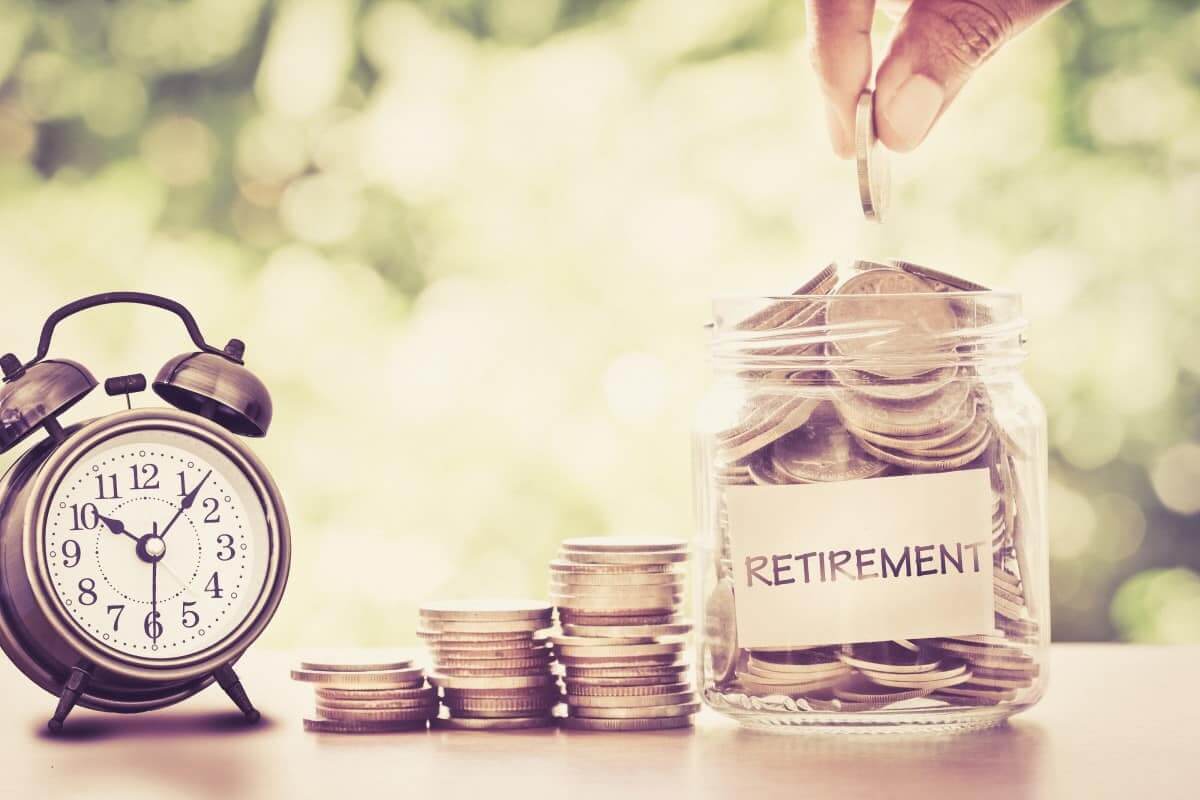
Ensuring your Retirement Fund is Large Enough
While you may be aware of where to look to start saving for your retirement, preparing for a comfortable retirement is a completely different problem. Retirements have become increasingly difficult to prepare for, and you will need to be careful while anticipating them.
The general guideline is for your annual retirement income to reflect 70-75% of your working income. So, if you are earning $100,000 annually in your working life, you should be saving enough to receive $70,000-$75,000 annually for your retirement. To be clear, this refers to your income pre-taxes, taxes you will still have to pay but likely at a reduced price. This may seem like it significantly reduces your annual spending. However, you should keep in mind that there are many expenses that will be much less important once in retirement. These considerations will chiefly relate to commuting to work, general vehicle costs, clothing, as well as other expenses.

To ensure comfort, it is estimated that you will need to save a total of $1.7 million if you are using a 401(k). This means you should be spending around 4% of your fund annually over a 25-30-year period. This is, of course, is a rather large sum and will require a lot of planning beforehand. Generally, we recommend you invest around 15% of your income into your retirement to reach these levels.
Alternative retirement investments
When choosing where you should put your investments, it would be better for you to invest as much of your liquidity as possible in a retirement fund. Although, you could be better off putting your money into a regular investment fund. As long as your investments are not too risky, you could easily outpace inflation rates and ensure a greater overall profit. Some sort of mutual fund is usually the best option to accomplish this. Try to put your money into many investment opportunities, in case one of them turns out to be unsuccessful.
Checking Your Figures
When setting up your retirement funds during your working years, keep in mind three vital potential sources for finding out what your income may be. These are retirement savings, defined-benefit pension plans, and social security retirement.

Retirement Savings
This is where the vast majority of your retirement money should be located. This includes money in retirement funds (401(k)s, IRAs, etc.), i.e., defined-contribution plans. These funds are more like traditional investment funds. Trying to find out your potential profits may be more difficult, as there is more uncertainty. However, you should find online calculators to calculate your potential sum. You can also contribute more and thus make larger profits overall if you want to go by this route.
These savings can also include health savings accounts, and any leftover liquidity already in your account. You should be able to view your current figures directly and calculate what your future nest egg will be via inflation.
Defined-Benefit Plans
Certain employers can offer you a pension plan to make your life easier. Via these plans, you can find out what the estimates for your earnings are once your retirement comes. If you are investing in these funds, however, you should keep in mind that they only pay a fixed income and are rather inflexible. This means that, however well your fund does, you will still be receiving the same income. These tend to be more relevant to government employees. This will, of course, only be relevant to your personal savings, and not of say a spouse.
Defined-Contribution Plans
You may have already been saving into a social security system for a considerable amount of time. You should, therefore, be able to find estimates online on your plausible future funds. This period of time should be around ten years, but the longer you have been investing, the more accurate your results will be.

Once Retired
Since you will have so much free time, however, other expenses are likely to increase considerably. This will chiefly include expenses for leisurely expenditure, like travelling, and medical costs. Since spending on leisurely activities is largely optional, you would do best to carefully consider how necessary they are. If you do not use your funds in a measured way, you could soon find your funds drying up. Healthcare is something that should hopefully only apply to you in your later years, but it would not hurt to put some money aside just in case.
If you want to ensure that your fund is of appropriate size, you will, of course, have to wait until the appropriate retirement age. This usually means not touching your retirement funds until around the age of 70. You can, however, start making withdrawals as early at the age of 60 (for, say 401(k)s) without accruing penalties. The withdrawals, however, will obviously be lower if you pull out this early.
If you do find yourself struggling to make the sort of commitment, we have outlined there are some options available to you. You could save plenty of money by being careful with your spending. This can mean less spending on non-perishable items, living in lower-income areas, and less traveling. You should also consider trying to keep your health in top shape. It is best to minimise the possibility of health problems, lowering the possibility of outstanding future medical expenses.
If You Are Out of Options
If push comes to shove, you can always continue working. This may seem like the worst-case scenario, but it does not need to be too bad. You can combine what you have saved for your retirement with a job that is not too demanding. Unless you are very irresponsible with your savings, the money you make from it need not be too high. Besides, some individuals struggle with all their free time post-retirement, and this could be a good way to keep yourself occupied.
Conclusion
If you want to ensure that your pension is sizable enough to give you a comfortable retirement, there are several recommendations to take aboard. First of all, try to put aside 15% of your income towards your funds. Try to look into putting your money into more promising, but still safe, investment opportunities. Try diversifying your portfolio. Attempt to keep investing until you are of the appropriate age, to maximise your profits. Once you have started to withdraw, do not spend too lavishly. And lastly, keep yourself healthy to avoid too much spending on possible medical expenses.
- Check out Financebrokerage’s comprehensive review on Fundiza
-
Support
-
Platform
-
Spread
-
Trading Instrument




